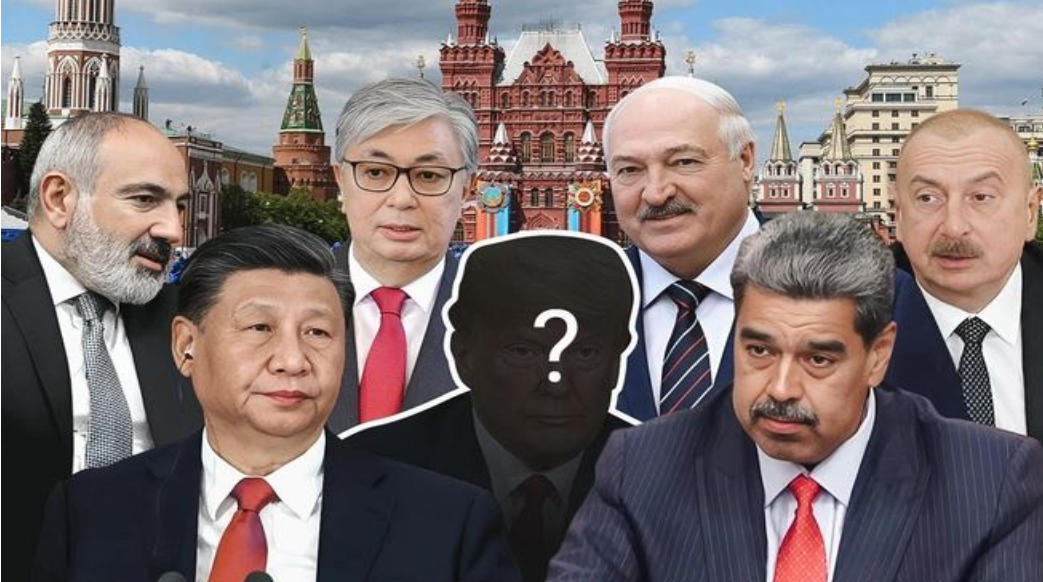Victory Day has become one of the most significant national holidays for Russian President Vladimir Putin. May 9 is no longer simply a commemoration of the victory over fascism—it has evolved into a political spectacle through which Putin seeks to present a favorable image of Russia and rally support both domestically and abroad.
Yet for the fourth consecutive year, Moscow’s military parade will be held without the presence of high-ranking foreign guests and under unprecedented security measures. Russian authorities are concerned that Kyiv may attempt to exploit the event for a targeted attack.
Ukrainian President Volodymyr Zelensky recently stated that Ukraine cannot guarantee the safety of foreign dignitaries planning to attend the Moscow parade, raising fresh tensions with Slovakia. Slovak Prime Minister Robert Fico, known for his pro-Russian stance, criticized Zelensky’s remarks.
Fico and Serbian President Aleksandar Vučić are the only European leaders to have confirmed their attendance, drawing sharp criticism from the European Union. In Vučić’s case, Brussels issued a formal warning, stating that the visit violates EU membership criteria and could negatively impact Serbia’s accession process.
While European leaders are staying away, Moscow will host its most valuable ally and possibly the event’s most high-profile guest—Chinese President Xi Jinping, who is scheduled to visit Russia from May 7 to 10 on an official diplomatic trip.
How Safe Is the Parade?
Last week, Vladimir Putin announced a temporary ceasefire with Ukraine from May 7 to 9. However, Zelensky dismissed the move as a theatrical gesture to ease Russia’s international isolation and create a more favorable environment around Victory Day celebrations. “They kill until May 7, pause for a few comfortable days, and resume attacks from the 11th,” Zelensky said.
On the Monday prior to the parade, during final rehearsals in the capital, Russian officials reported that four drones had approached Moscow overnight. This was not the first time uncrewed aerial vehicles reached the city; according to Russian air defense forces and Moscow authorities, over 70 drones have been intercepted to date.
Zelensky noted that Ukraine’s drones now have extended range capabilities, able to reach up to 3,000 kilometers. Ukraine is using long-range drones to target deep within Russian territory, focusing on military infrastructure.
In response to security concerns, Russia canceled the Victory Day parade in Sevastopol, the port city in occupied Crimea. The decision followed reports of a Ukrainian maritime drone strike near the port of Novorossiysk, which allegedly resulted in the downing of a Russian Su-30 fighter jet.
Ukraine’s military intelligence called it an “unprecedented operation”—the first time a naval drone had succeeded in destroying a jet aircraft.
Why Is Victory Day So Important to Putin?
For the Kremlin, May 9 is far more than a historic commemoration—it serves as a cornerstone of national identity and a powerful propaganda tool. The holiday allows Putin to evoke the Soviet victory in World War II as a symbol of Russian strength, unity, and legitimacy, especially at a time of war and international isolation.

